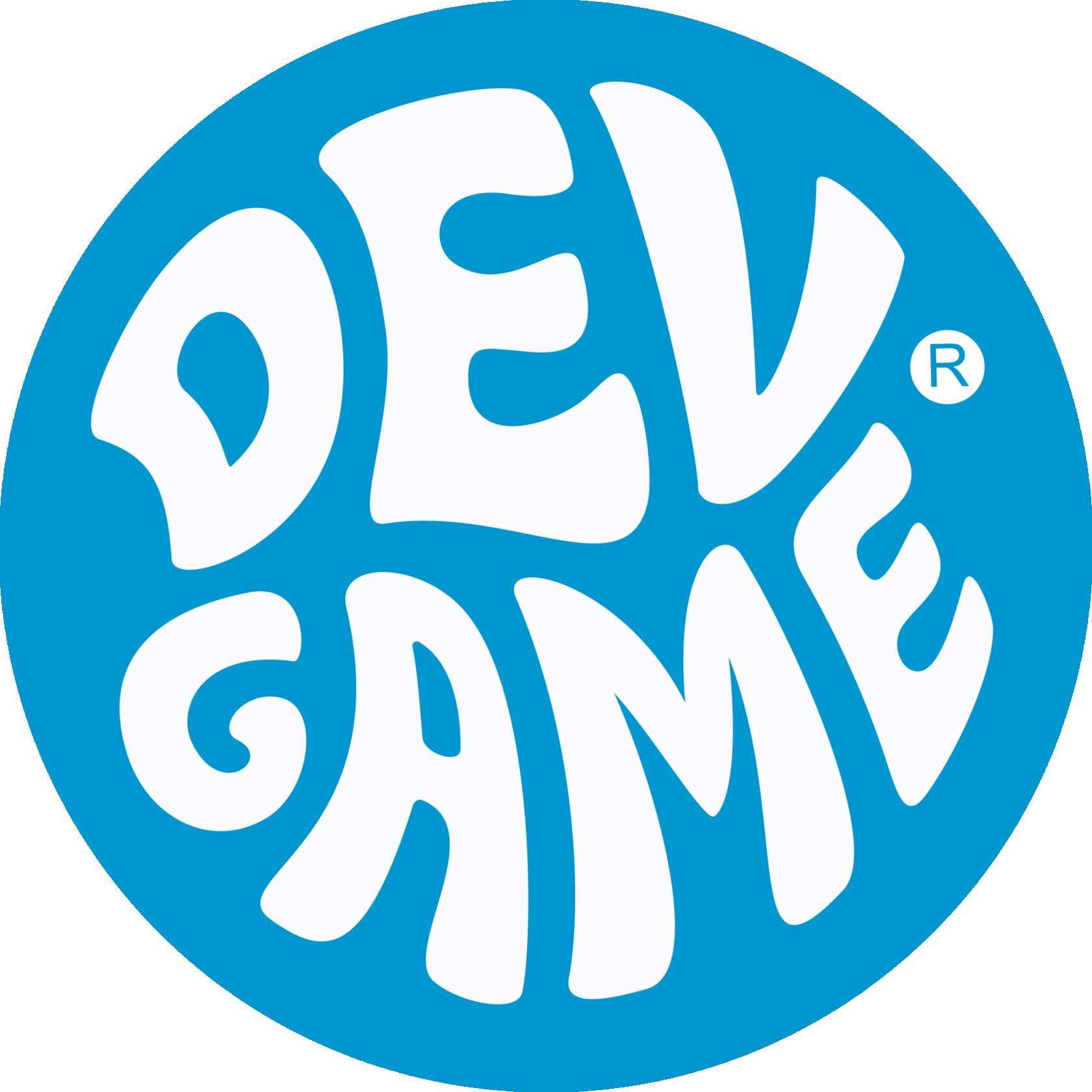The price of being the first
Maksym Kochurin, CEO and a co-founder of DEVGAME told us how it all began, how the company operates now, and the future holds for it.
- What's the story of DEVGAME?
In 2015, some of the managers who worked with me and I, all went to Indigo Kids. We worked there for a little over a year, helped them make top games of that time but discorded on our agreements. So we decided it was time for us to do something of our own. At that time, Grisha had a development team, and the five of us — Grisha, Sveta, Lena and Maksym, and I — started DEVGAME.

- Why kids' games, are there any plans for an older audience? What difficulties did you face when making games for kids?
In 2007, I got the position of a tester at PipeStudio, which made games for 1C on the Moonzy brand. From that moment on, I engaged in kids' games. I understand that this is what I can do and enjoy. Besides, we have now come to a fusion of play and learning, which, in my opinion, has a very positive effect on this world in general and on children in particular.
If we talk difficulties, the main one is that kids change very quickly, and the approach to the audience and its capabilities has to adapt accordingly. More than that, purchase funnel development is complicated by the fact that those are not kids who buy but their parents, and this has a very negative impact on conversion. Still, the biggest difficulty is how excessively restricted this area of development is. You can do nothing: you cannot buy traffic normally, gather analytics or embed ads.
We do have plans for an older audience. I think we have learned perfectly how to work with 3-6 year-olds, this year we will cover the 0-3 category and take a couple of steps towards the audience of 7-16 year-olds. Perhaps, a little later we will aim for an adult audience, but for now we narrowed our focus on what is closer to us.
- Why games on brands? What do you think about your own brand games?
Someday we will definitely expand to games on our own brand since there are much fewer game design restrictions. It has not worked out yet, although there have been attempts.

- Tell us about your collaboration with brands. What is it like, how to understand whom to contract, what difficulties can there be?
Almost the entire market operates with brands using the revenue share model. This is when you come up with, agree on, and release a game with further performance improvements and investment. Only six months or a year after the launch of development your investments start to pay off. In this case, you share the average 30-50% of the profit with the copyright holder. In our analytical model, this percentage plays an extremely important role and, frankly, for the last six months we have not signed up for 40-50% shares due to eventual lack of profit. As a rule, you can always find another brand with 30% revenue share.
If we talk about the difficulties of working with brands, most of them are faced by inexperienced studios only. You need to understand that the brand isn't as interested in money as it is in users, and since we localize games into 17 popular languages of the world, brands can expand their audience. Sometimes there are unpleasant incidents: for instance, one of our games was almost completely copied by another developer because the brand did not watch out for plagiarism. This can be a pain for the marketing team and discourages further investment into games on this brand.
But overall, we value relations with our every partner a lot and try to fulfill all their requests the best we can while keeping in mind our own. We have already standardized processes for mutually beneficial cooperation - perhaps that is why brands are pleased to work with us.
- What are your thoughts on the company, what do you consider important, what are the principles? What mistakes should be avoided?
I consider excessive focus on functionality my main flaw since the definition of a company always stood for processes, mechanisms and gears for me. Had it not been for the company co-founders, I would not be writing this article right now, I think. Each of them mitigated my complete disregard for the human factor the best they could. And only thanks to them, this mistake did not become critical for the company and did not lead to its collapse.

- What do you think are the most important qualities of your employees?
For six months, we have been implementing a new management structure where the development and marketing teams are at the forefront, and the entire company presents a service aimed at ensuring the convenience of the former two so that they do not get distracted by administrative issues, but create cool and interesting games. We plan to scale up and make up about ten new teams this year. So, if you have a full-fledged development or marketing team, or you yourself can count for one and want to join us, write to m.kochurin@devgameou.com. I will tell you what cool perks we give.
- Most memorable work-related moment?
- Your plans: what are your thoughts or goals?
- So how does it feel to be CEO of DEVGAME?
I am very glad that this Death Valley is over with now, that we are backed up and done worrying about life and death issues. What we think about now is how fast we can can achieve the new goal of becoming #1 in the world of branded game-making.
12 February / 2021



